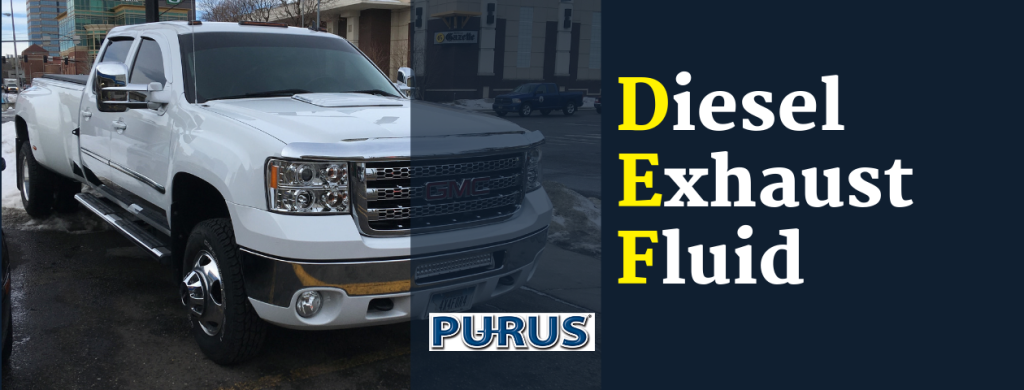
As the automotive industry continues to evolve, so does the need for cleaner and more efficient technologies. Diesel engines, known for their robust performance, have also faced scrutiny due to their environmental impact. To address this concern diesel exhaust fluid tank (DEF) has become a crucial component in reducing harmful emissions. In this blog, we will delve into the essentials of DEF tanks, exploring their purpose, maintenance, and the role they play in promoting a greener tomorrow.
- Understanding Diesel Exhaust Fluid: Diesel Exhaust Fluid, commonly referred to as DEF, is a solution made from a precise mixture of urea and deionized water. When injected into the exhaust stream of a diesel engine, DEF helps reduce nitrogen oxide (NOx) emissions, converting them into harmless nitrogen and water vapor. This eco-friendly solution is a vital tool in meeting stringent emission standards worldwide.
- The Role of DEF Tanks: DEF tanks are integral components in vehicles equipped with selective catalytic reduction (SCR) systems. These systems work in conjunction with the DEF tank to ensure that the right amount of fluid is injected into the exhaust stream, facilitating the conversion of NOx into environmentally friendly byproducts. DEF tanks come in various sizes to accommodate different vehicle types and usage patterns.
- Proper Handling and Storage: To maintain the effectiveness of DEF, proper handling and storage are essential. DEF is sensitive to temperature, so it should be stored in a cool, dry place, away from direct sunlight. When handling DEF, it is crucial to use dedicated equipment to avoid contamination. If DEF comes into contact with contaminants, its purity may be compromised, potentially affecting engine performance.
- Regular Maintenance: Like any automotive component, DEF tanks require regular maintenance to ensure optimal performance. Regularly inspect the tank for leaks, and if any are detected, they should be promptly addressed. Additionally, it is essential to monitor DEF levels and refill the tank before it runs empty to prevent the vehicle from entering a reduced power or no-start condition.
- Choosing the Right DEF: The quality of DEF directly impacts the efficiency of the SCR system. Always choose DEF that complies with ISO 22241 standards, as this guarantees the correct concentration of urea and prevents potential damage to the SCR system. Using non-compliant or low-quality DEF can result in engine malfunctions and increased emissions.
- Environmental Benefits: Investing in DEF tanks not only ensures compliance with emission standards but also contributes to a cleaner environment. By reducing NOx emissions, vehicles equipped with DEF systems help improve air quality and minimize the environmental impact of diesel-powered engines.